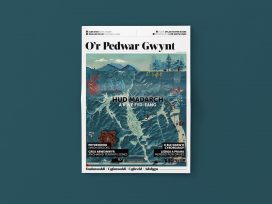
John Cage’s mycological foray
O’r Pedwar Gwynt 2/2021
‘O’r Pedwar Gwynt’ delves into the transformative world of fungi, considers arguments against civic nationalism, and interviews one of the founders of the Wages for Housework movement.

‘O’r Pedwar Gwynt’ delves into the transformative world of fungi, considers arguments against civic nationalism, and interviews one of the founders of the Wages for Housework movement.
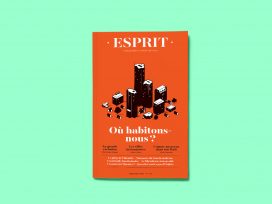
‘Where do we live?’ In ‘Esprit’, texts on the end of France’s post-war social housing model, the diversification of home ownership, and learning from informal settlements. Also: what happened to Macron’s liberal revolution?
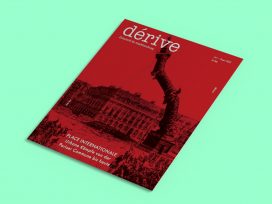
‘dérive’ celebrates the Paris Commune as act of neighbourhood solidarity, including legacies of the revolt and colonialist Communards. Also: Hong Kong’s ’97 generation.

‘Vikerkaar’ on the overlooked aspects of war – from the long-term impact on veterans to conflicts that rarely receive widespread coverage but cause no fewer casualties.

Head in the sand, reactive, apolitical: in ‘Blätter’, a damning verdict on Merkel’s reign. Also: Jürgen Habermas on the lockdown debate and Bernd Greiner on the end of the War on Terror.
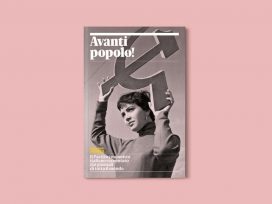
‘Internazionale’ reviews the Italian Communist Party’s influences, despite a chequered existence, from post-war reconstruction to feminist gains.
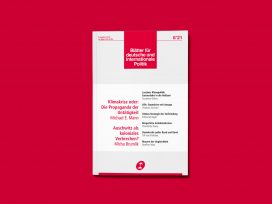
In the August issue of ‘Blätter’: contributions on the German Catechism debate, the propaganda of technological ‘manageability’, the return of hard borders, and nostalgic anti-liberal democrats.
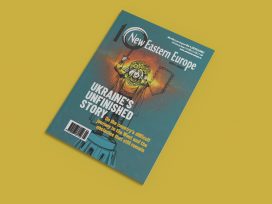
‘New Eastern Europe’ dedicates its summer issue to Ukraine, including: Russia’s underhand colonization of the Crimean peninsula; the geopolitics of gas; and Odessa’s urban mismanagement.
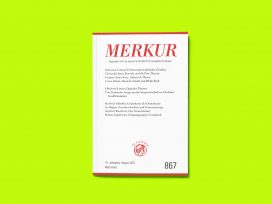
‘Merkur’ focuses on changing perceptions: Germany grapples with the remembrance of its colonial past; the UK’s ‘careless’ care economy comes under review; and theatre’s physicality faces a virtual challenge.
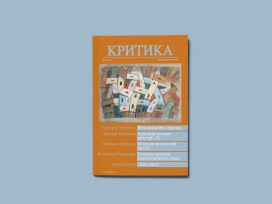
‘Krytyka’ on women migrants’ role in Ukraine’s transformation and what distinguishes them from emigres from Moldova, Romania and Poland. Also: Odessa in film and theatre critic Anna Lypkivska in memoriam.
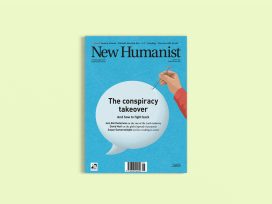
Conspiracy theories lead ‘New Humanist’ to consider the universality of thought across countries, cultures and time, and the speed of fact-checking versus disinformation. Also: questionable courtroom practices based on what judges see rather than hear.
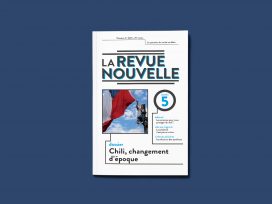
In its dossier on Chile, ‘La Revue nouvelle’ fosters hopes for the new constitution: have the country’s ties to Pinochet’s neoliberal model finally been broken; does Chile’s flash mob feminism pave the way for a global communitarianism; and are independent politicians the ones to take recent protest values forward.
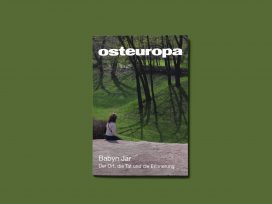
German journal ‘Osteuropa’ acknowledges the lasting struggles of Babi Yar. An overlooked testimony reflects previously suppressed knowledge of the 1941 massacre. Also: the site’s troubled history of memorial; and tackling Soviet antisemitism and censorship.
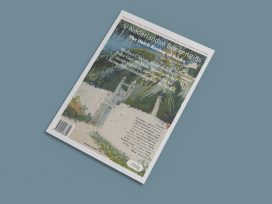
‘The Dutch Review of Books’ questions the Other’s spatial and metaphorical exclusion: how might Reformation-age humiliation relate to COVID-19 conspiracy; and what connects slavery and ecology in Martinique. Also, on a different note: the political potential of the rave on inclusion, missed in times of corona.
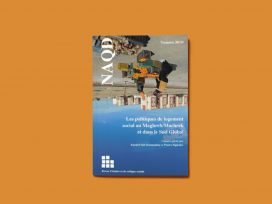
Annual journal ‘NAQD’ studies social housing policies under pressure, including: Algerian segregation and slums due to a wealth gap; the insidious sale of public projects in Iraqi Kurdistan; and India’s imbalance between burgeoning middle-class off-plan projects and affordable homes.
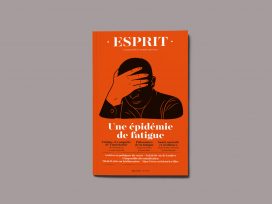
‘Esprit’ addresses the growing coronavirus-provoked ‘epidemic of fatigue’, including: the underestimated mental health impacts on society at large, and youth in particular; a historical overview of exhaustion; and lessons for post-COVID economic recovery drawn from post-war France.